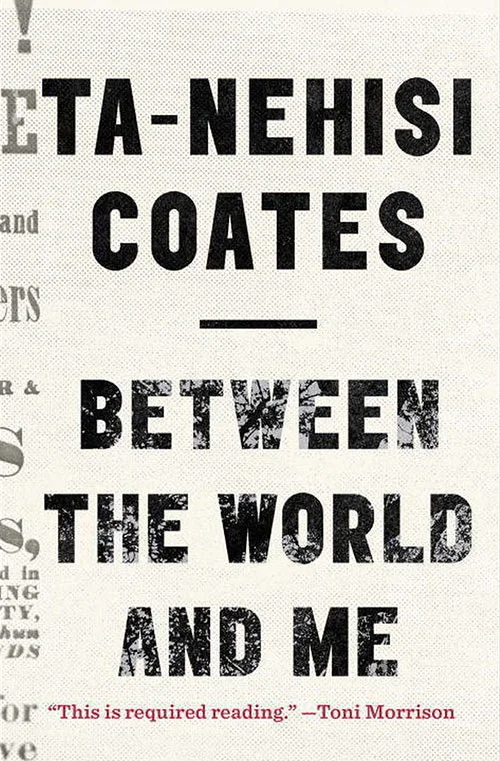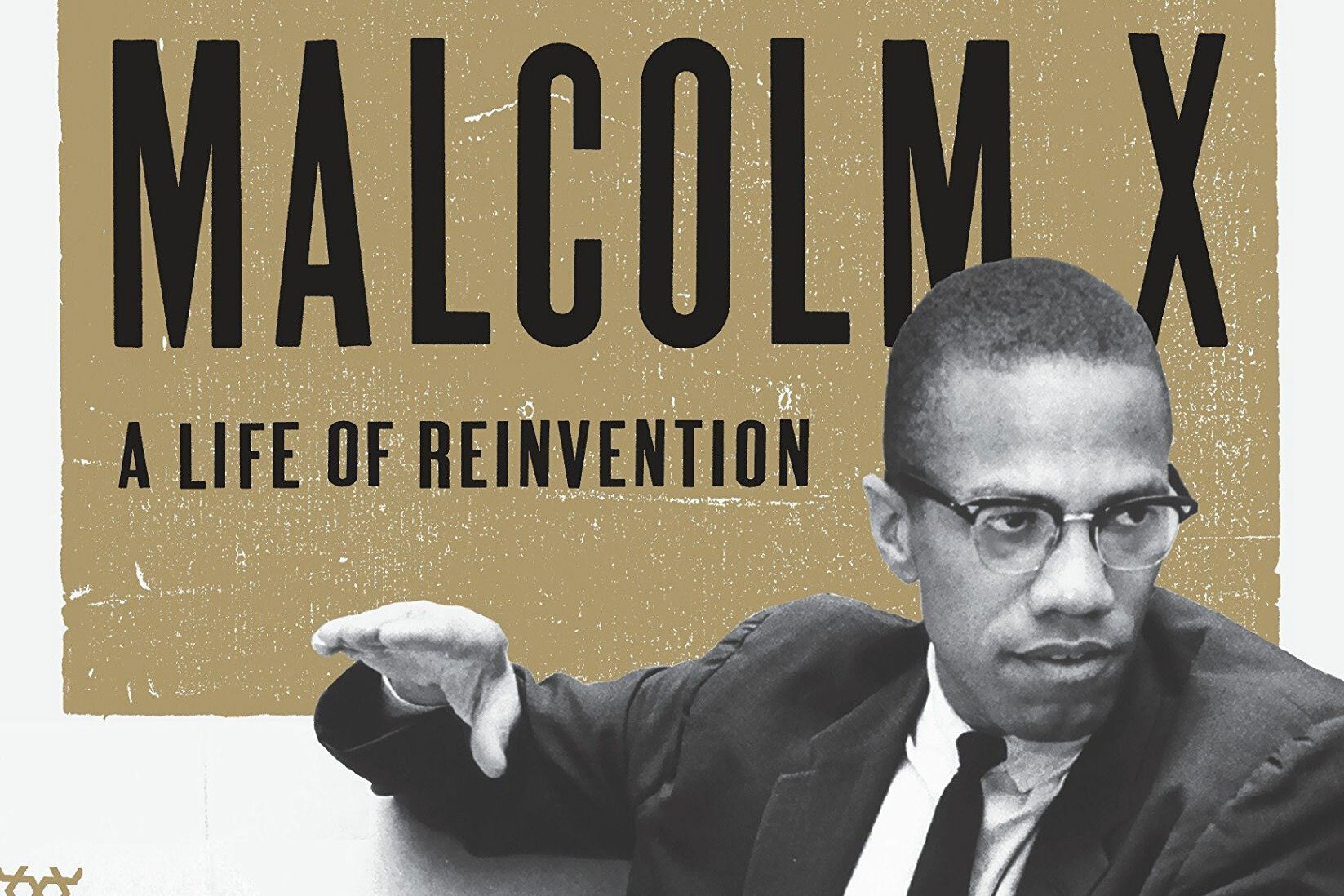“Between the World and Me” by Ta-Nehisi Coates
Between the World and Me
By Ta-Nehisi Coates
2015
176 pages. Audio: 3 hours and 35 minutes
Nonfiction
—
If you are going to read two post-civil rights books on race, there are two short classics that I would recommend. The first is Race Matters by Cornell West, who was a longtime professor at Harvard. Many people consider him the most influential African American intellectual of the late 20th and early 21st century. He is also one of our great public intellectuals who refused to stay in his ivory tower, instead taking his conversations to the marketplace. The second is the book I am reviewing here: Between the World and Me by Ta-Nehisi Coates. The book is presented as a series of letters from Coates to his son. I highly recommend the audio version, which is read by the author. I often found myself in tears as I was listening to it. Although it is wonderful in print, it becomes elegiac and poetic as you hear the author’s voice.
I mention this book along with Cornell West because the two authors have had a rather public kerfuffle. I suppose part of this has to do with the fact that Coates has become the most influential African American thinker and writer of our generation (not counting Toni Morrison, whose primary contributions in writing have been fiction) and this is a role West has held for decades. But I want to point out three fundamental differences between the two men.
First, there is obviously age. Coates arrived on the scene after the great civil rights struggles of the ’60s, whereas West lived through them. Their formative years occurred in different worlds. Second, West is an academic and an activist and only secondarily a writer, but the pen is Coates’s home field. Third—and I think most importantly—West is a Christian and Coates is not. There is a certain kind of hope infusing West’s work but not Coates’s. It is one of the most heartbreaking things about Coates’s book, that he is preparing his child for a world in which he thinks racism is going to be a given. It is pain upon pain that, as we look around, he seems to be right.
Coates has followed this book with a collection of essays called We Were Eight Years in Power. This second book contains eight essays, one from each year of the Obama presidency. The author has added his own present-day reflections on what he wrote throughout those eight years, sometimes pointing out where he thinks he was wrong. Coates’s reflections on his essays are every bit as fascinating as the essays themselves. This book is a virtual primer on the African American experience in 21st-century America from a great intellectual and brilliant writer.
While Coates’s second book is greater in detail and argumentation, I strongly recommend you read the first book before the second, for it carries a workload that is absolutely necessary to hear the message of the second. You see, it will do what very few nonfiction books will do: it will break your heart.
Read it. Please.
For more in this series, visit the “Reading with Randy” home page.









